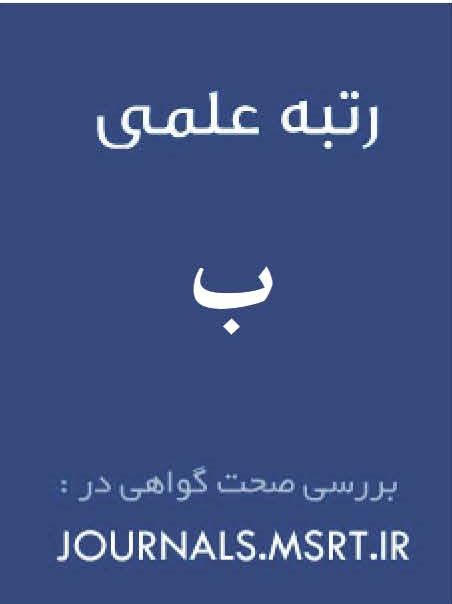Investigation of Affixes and Pseudo-Affixes in Persian in the Formation of Specialized Terms in the Conceptual Domain of Food and Cooking: A Cognitive Morphology Approach
Keywords:
technical terms, semantic analysis , cognitive domain categorization, food industryAbstract
This study examines the formation of specialized terminology in the conceptual domain of the food industry and cooking, with the aim of investigating the morphological-semantic factors influencing the construction of specialized terms in this field. The study adopts a descriptive-analytical approach, and its corpus consists of 60 selected words formed using the pseudo-affixes "-zan" and "-kar," all of which pertain to specialized vocabulary in the food industry and cooking. These samples were collected from the Dehkhoda, Moein, Amid, and Sokhan dictionaries. The theoretical framework of this research is based on the cognitive morphology theory proposed by Hamawand (2011), including its mechanisms such as categorization theory, conceptualization theory, and domain theory, which serve as effective tools for morphological-semantic analysis of words and for examining the morphological-semantic relationships between their constituent elements. Utilizing this framework, the authors specifically seek to address the following research questions: First, how do the pseudo-affixes "-zan" and "-kar" acquire new meanings in the formation of neologisms within the conceptual domain of food, and how do they represent different aspects of this domain? Second, based on categorization theory, to which category do the words formed with the pseudo-affixes "-zan" and "-kar" in the conceptual domain of food belong?









